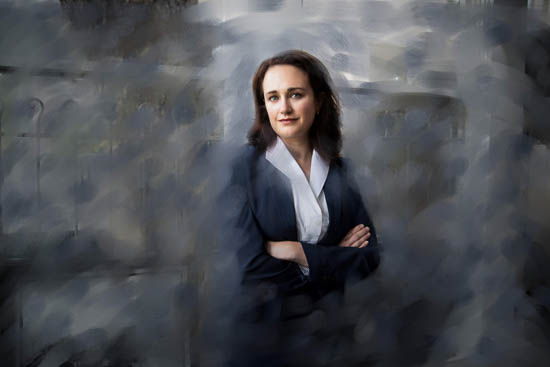
Understanding the Fundamentals of Photography
Photography is both an art and a science.
Learn the Tools First
The journey begins with your camera.
Whether you shoot with a compact point-and-shoot, the core principles remain the same.
Spend time changing lenses or focal lengths. Confidence with controls frees you to be creative.
Why Photos Depend on Light
Photography literally means “drawing with light.”
Morning light creates soft tones.
Studio strobes help indoors.
Softness or hardness change how skin looks.
How to Frame Photos
Strong framing gives structure.
The rule of thirds guide the eye.
Try unusual angles. Fresh viewpoints separate your work from snapshots.
Building Skill Over Time
Every mistake is part of learning.
Carry your camera daily. Repetition builds instinct.
Blurry shots are lessons not failures.
The Final Step
Straight-out-of-camera images are fine, but editing refines them.
Even free editors fix color.
Editing should highlight the subject.
Sharing Work
Photography is meant to be shared.
Social media platforms give exposure.
Printing images marks milestones.
Building Identity
Style is your visual fingerprint.
Switch between color and black-and-white. Each teaches something.
Your style may evolve, and that reflects growth.
Lessons for New Photographers
Ignoring light direction are common issues.
Buying too much gear instead of learning skills creates frustration.
Awareness makes lessons stick.
Quick Pointers
- Carry an extra memory card.
- Shoot in RAW format if possible.
- Dust shows in photos.
- Auto is easy but manual builds skill.
- Look at other photographers’ work.
Beginner Q&A
Q: Do I need an expensive camera?
A: Any check here camera can take great photos with the right technique.
Q: How long until I improve?
A: Improvement depends on practice.
Q: Is editing cheating?
A: Post-processing refines what the camera captures.
Q: Should I always follow rules?
A: Learn them first, then break them creatively.
Closing Words
Every photo is a step forward.
Challenge yourself often. With time and patience, you’ll grow as an artist.
Whether as a hobby or a profession, every click is a lesson..
Understanding Photographers
Photographers record memories.
Amateurs look at the world differently.
Photographers work in many fields, such as sports. Each demands unique skills.
True professionals develop patience.
Understanding Camera Gear
The best camera is the one you use, yet knowing options is important.
Cameras
DSLR cameras serve different purposes.
Point-and-shoots are simple and accessible.
Lenses
Different lenses tell different stories.
- Wide-angle lenses capture landscapes, architecture, and big scenes.
Choosing the right lens shapes the outcome of a photograph.
Tripods and Stability
They help landscape and night photographers.
Lighting Equipment
Softboxes, reflectors, and strobes shape light.
Small Gear With Big Impact
- Extra batteries make sure you’re always ready.
- Backpacks help photographers stay mobile and organized.
- Remote shutters let you try new perspectives.
How Much Gear Really Matters
Gear supports creativity, but talent drives results.
Still, gear upgrades can unlock possibilities when skills improve.
What Makes Photographers Better
Studying others’ work helps build vision.
Asking for critiques all accelerate progress.
The Next Step for Gear and Artists
Technology is check here changing tools, but vision stays the same.
Computational photography expand what photographers can do.
Still, the essence remains: capturing light, telling stories, and expressing ideas.
Wrapping Up This Section
Knowledge, practice, and patience make the real difference.
Whether you are just beginning or a seasoned pro, the journey of photography is endless.